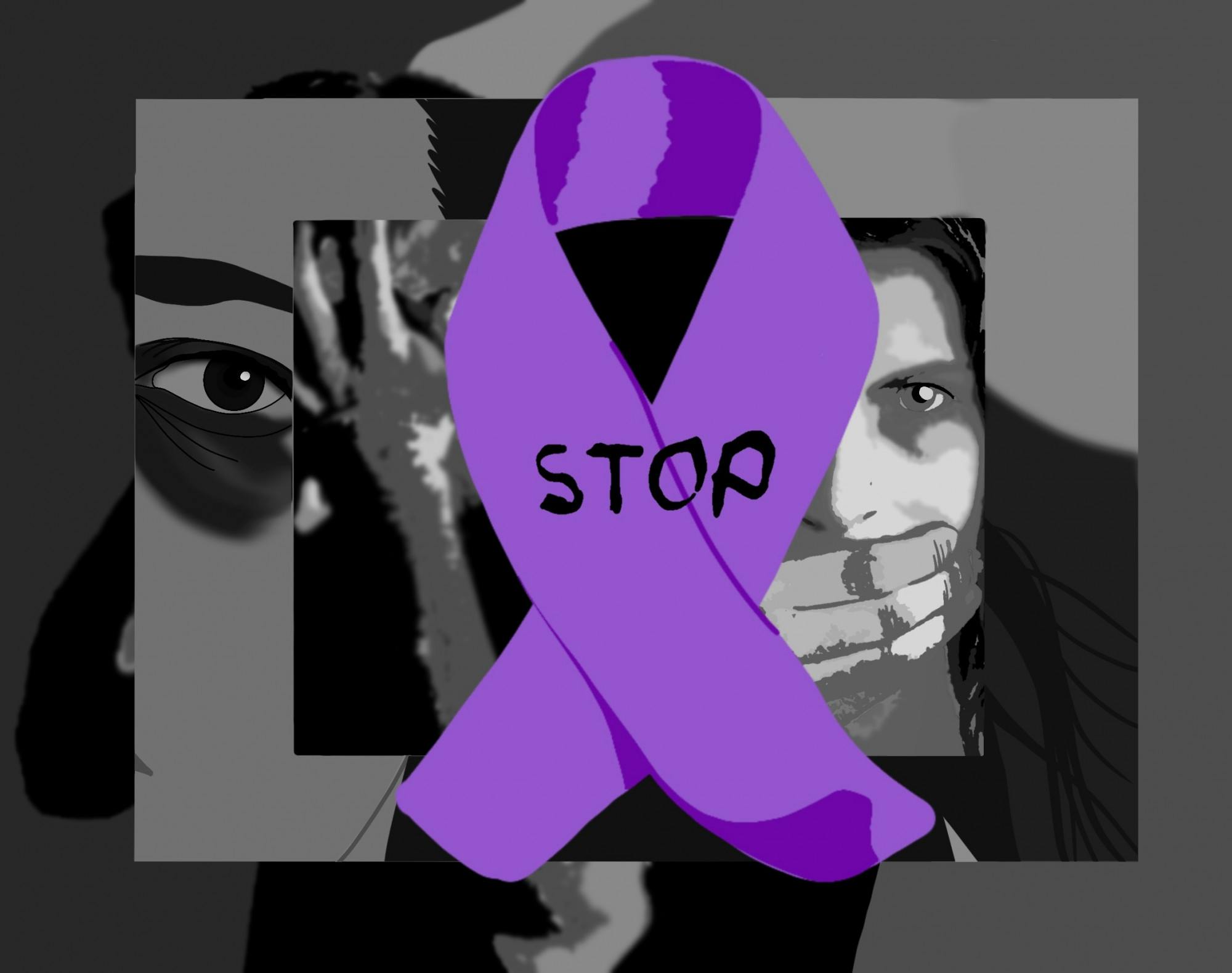Though talks of the Johnny Depp v. Amber Heard defamation lawsuit have died down on social media, some suggest that the shockwaves felt by the verdict could linger for much longer than the trending charts suggest.
Sexual violence against women and children professor Bethany Meadows said that as with any sexual violence case in the media, there are many risks involved in a case like this becoming so salient. Meadows said that the recent decision sets the precedent that survivors cannot talk about their abusers, even if they do so anonymously.
“That inherently has set us back,” Meadows said. “We know that most survivors rarely speak up, to begin with, due to a variety of factors including rape culture’s pervasiveness, self-blame and guilt, fear of retaliation or not being believed and more.”
Heard herself has expressed that she feels like the verdict is a setback for women, pointing out that the verdict reinforces the notion that women who come forward about violence should be “publicly shamed and humiliated.”
Public commentary on the trial exploded on social media. From April 4 to May 16, the Depp v. Heard trial raked in more social media interaction per published article than other hot-button issues, like COVID-19, the Russia-Ukraine war or abortion news.
“People treat national cases and headlines like sports where they have many deep-rooted ideas, and they tend to ‘cheer’ for their ‘side’ in the case,” Meadows said. “This creates a minimizing and flattening of the harm of sexual violence.”
MSU Safe Place Advocacy Coordinator Erica Schmittdiel emphasizes that it’s not just the decision of the case that can have a harmful impact on survivors — it’s also what everyday people share and say on social media when they discuss this topic.
“(Survivors are) already aware that so many people don't believe survivors and so many people think that if somebody's assaulted, it's their fault,” Schmittdiel said. “If you're seeing your uncle or your cousin or somebody you used to work with tweeting or posting victim-blaming things, that just really makes survivors not want to come forward all the more. Because it just really reinforces that, ‘I’m not going to be believed and I'm going to be blamed.’”
Meadows also said that while the people involved in high-profile cases, like Depp and Heard, are rarely going to see what someone posts about them, other survivors will.
“That means when they victim-blame, silence or ignore sexual violence, all they have done is further alienate the survivors in their life as well as perpetuate rape culture, which reinforces those ideas as acceptable,” she said.
Schmittdiel expressed that some social media content regarding this issue conveys a misunderstanding of sexual assault and domestic violence dynamics. She said it’s made clear by posts that question why someone didn’t go to the police, stayed in a relationship or stayed in contact with the accused.
“The rest of us don't often understand that those are really normal behaviors,” Schmittdiel said. “So I think we just generally need to keep educating ourselves about what it means to be a survivor, what it means to be victims so that we can be more supportive.”
Schmittdiel said that power and control are the roots of domestic abuse, so it’s not possible to have abuse ‘on both sides’ as some suggest when they share their opinions on this case.
“People want to take the middle road and say, oh, there was abuse on both sides,” Schmittdiel said. “That's generally that's a myth. When we're talking about domestic violence, we're talking about power and control. And there can be toxic relationships, but for there to be domestic violence, one person is dominant.”
The Center for Family Justice defines domestic abuse as “a pattern of coercive, controlling behavior that is a pervasive life-threatening crime affecting people in all our communities regardless of gender, age, sexual orientation, race, ethnicity, religion, social standing and immigration status.”
Schmittdiel emphasized that all of the services offered by the MSU Center for Survivors sexual assault program are confidential, and they are not a part of any mandatory reporting agreements.
MSU offers resources to victims of violence. Find resources here.
National Sexual Assault Hotline: 1-800-656-4673 (HOPE) www.rainn.org
The National Domestic Violence Hotline: 1-800-799-7233 (SAFE) www.ndvh.org
National Dating Abuse Helpline: 1-866-331-9474 www.loveisrespect.org
Support student media!
Please consider donating to The State News and help fund the future of journalism.
Discussion
Share and discuss “What the Depp v. Heard case precedent could mean for survivors ” on social media.








